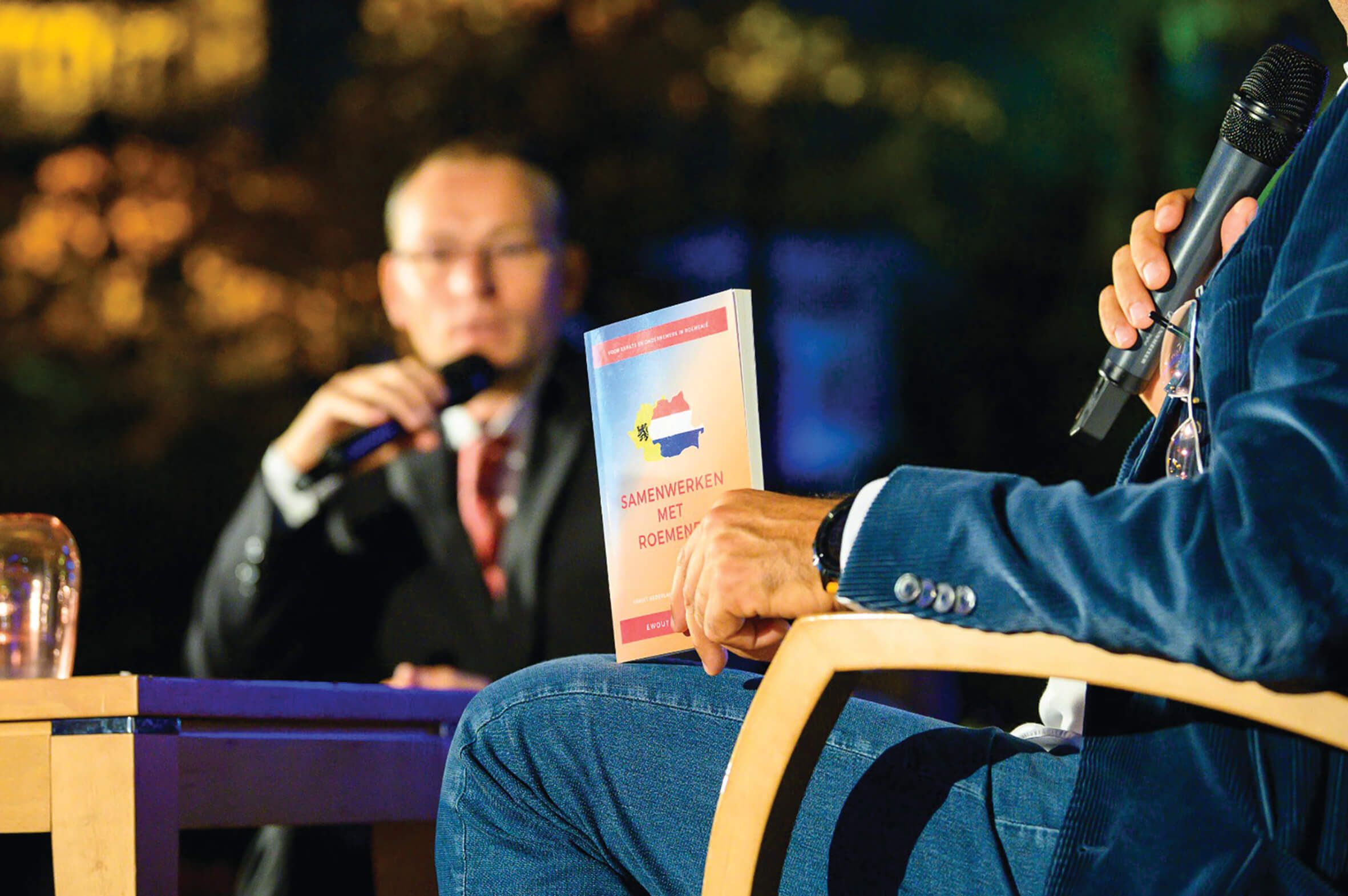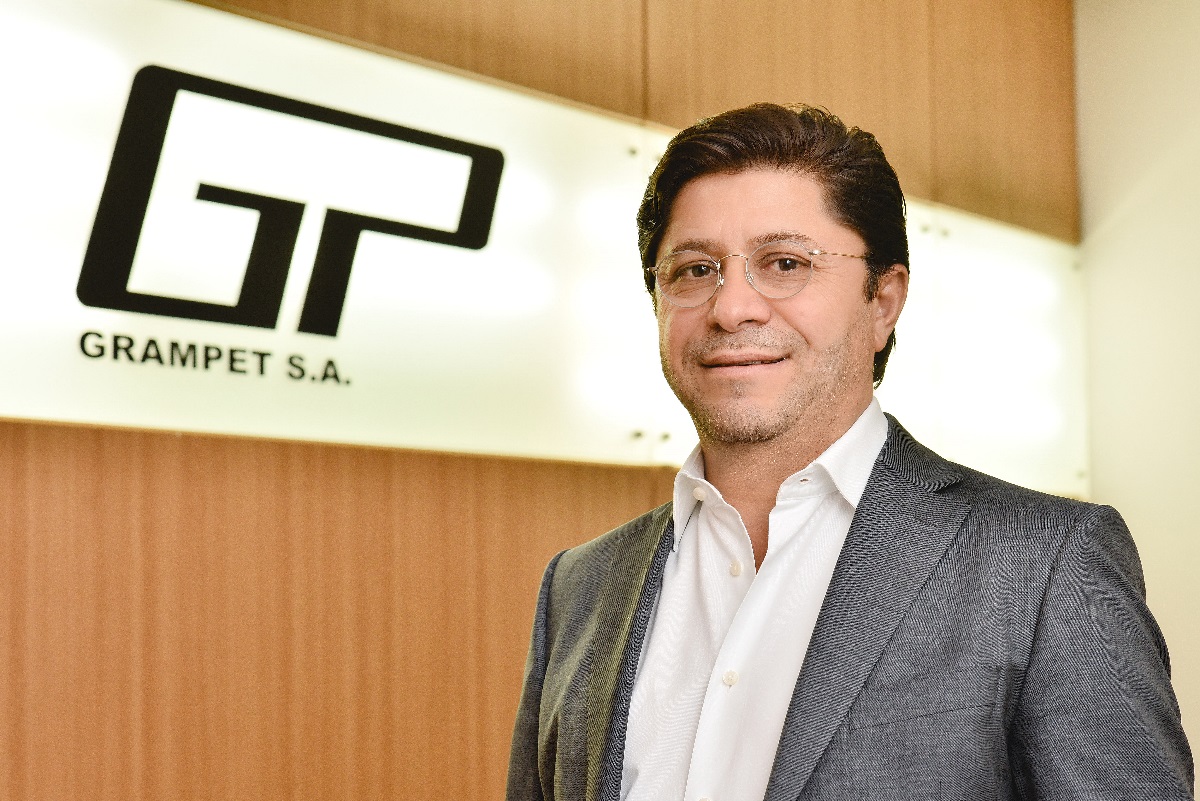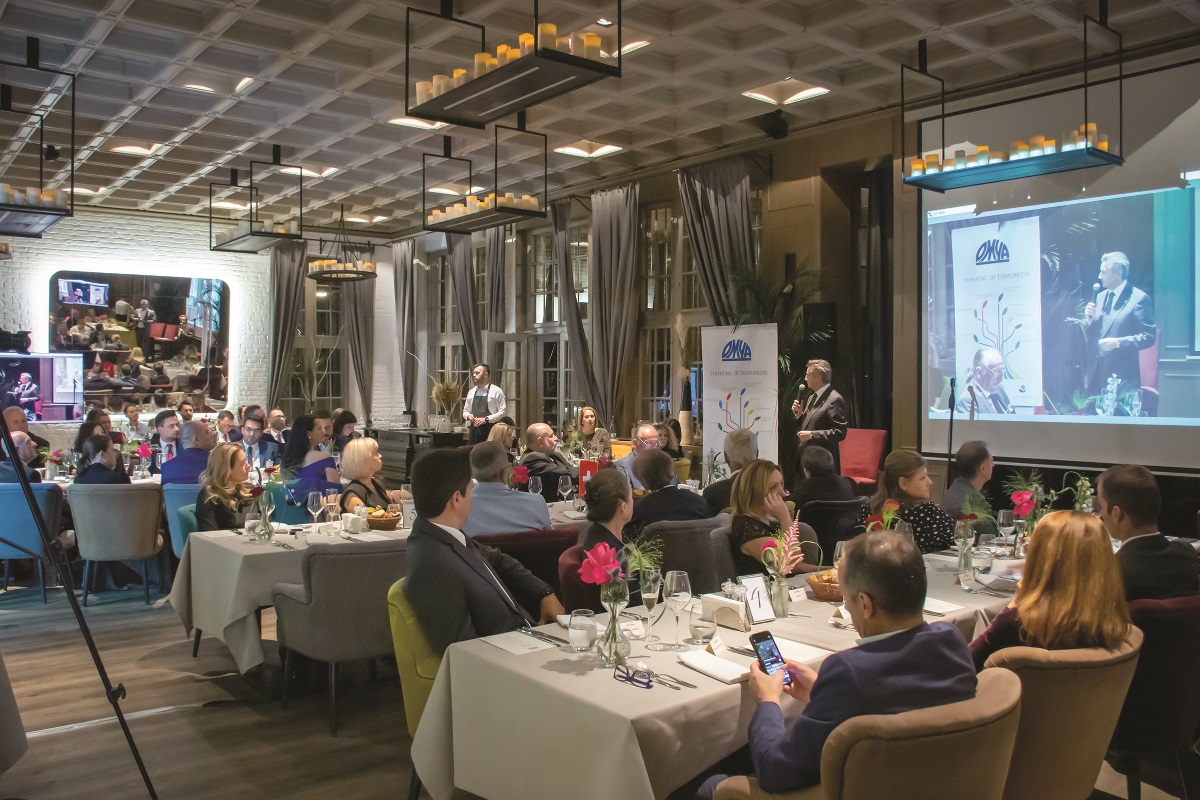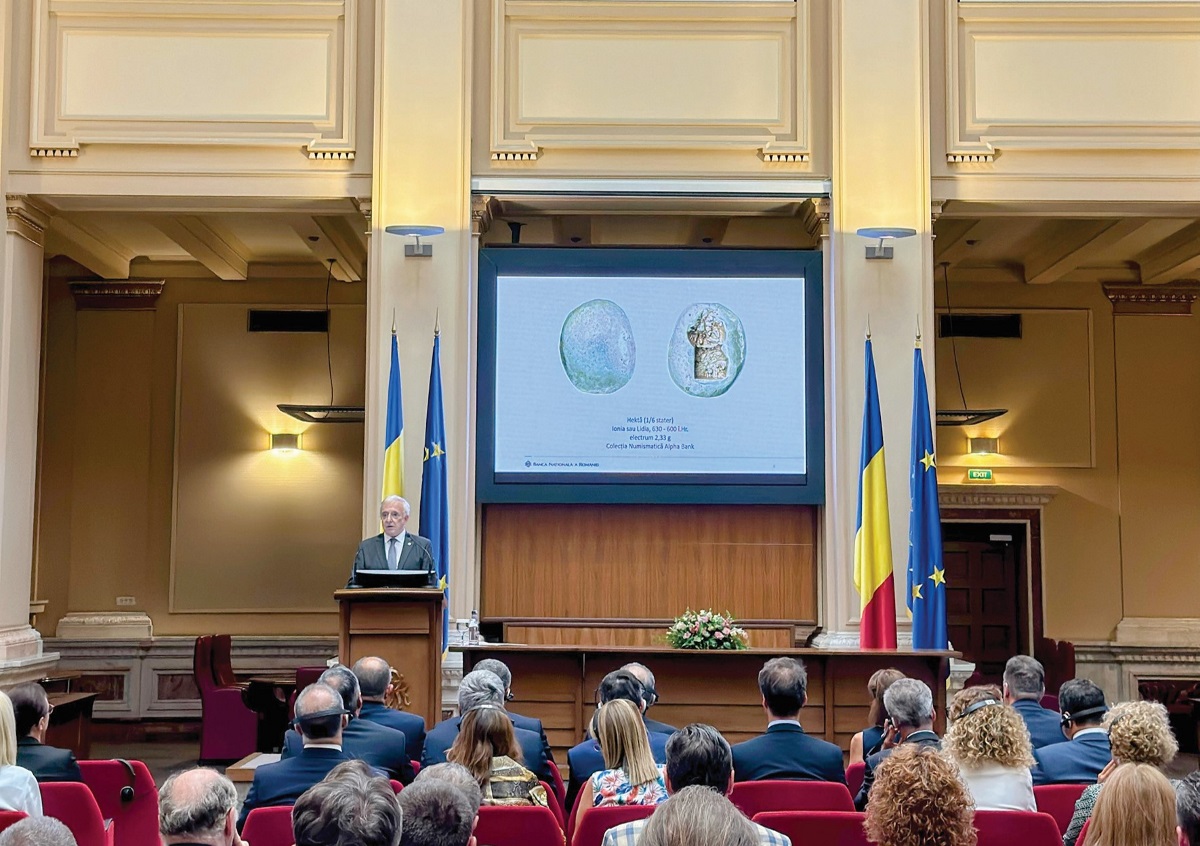
Intercultural Problem Solving: Ewout van den Engel
Working with different cultures on the work floor can be challenging, as success can be defined differently and according to culture. Therefore, let us zoom in a bit on the differences between Dutch and Romanian employees. What can a Dutch manager expect in Romania? And how do Romanian employees view the Dutch manager? What better person to ask then Dutchman Ewout van Den Engel (1983), author of the recently published book Samenwerken met Roemenen (Working together with Romanians), which gives an insight in exactly this. Currently, Ewout is providing NRCC audiences with his specific knowledge and insights. We met him on a sunny café terrace in Bucharest’s Cișmigiu Park that then found itself in full autumn swing.
„I found a newspaper article from 1999 online the other day. It was about a Dutch IT-company that branched out to Romanian in 1997, drawn in by a better qualified workforce and reduced labour costs. The company’s director couldn’t help to remark that Romanian employees needed more managing and he was struggling for them to work to their full potential. It’s a typical Dutch-Romanian situation”, says Ewout.
While coloured leaves were dwindling from the trees and a chestnut bounced of the nearby pavement, we asked him what made him write his book in the first place.
„When I settled in Bucharest for professional reasons starting 2016, I noticed over the years that Romanian managers have a hard time dealing with smart questions and criticism from their employees. In the Netherlands, on the other hand, these are characteristics of a great employee. Over time, I got more curious and having an academic background in Arts & Culture, I went looking for available intercultural studies. Those were to form the basis of my book.”
As the Dutch are accustomed to critical questions, we decided to try our luck: „You started out with an example as far as 1997; that’s over twenty years ago. How can you maintain it still holds for today?”
Ewout nods his head just before he takes a sip from his coffee. When he puts down his cup again, he has an answer ready: „From the literature we know that cultures change very slowly and twenty or so years isn’t that much. I interviewed several Dutch NRCC members for my book who have had businesses in Romania for over ten years. They mention that the skills of their Romanian employees improved in this time frame, but they still need coaching to work more self-reliant, more client-focussed and aligning themselves with company goals. This way of working comes more natural to the Dutch.”
A cloud passes over the sun casting a sudden shadow, adding more drama to our question than intended: „What do you mean with «Dutch way of working»? What’s wrong with the Romanian way of doing things?”
„The Dutch way of working involves wanting the best for your company; no matter if you are the cleaning lady or the director. There’s also only a functional hierarchy. This means that the cleaning lady feels free to share her opinion on the company with the director and the director has to take her opinion seriously to some extent. In Romania, strongly put, employees want to get paid and management wants the company to succeed. Furthermore, the cleaning lady and the director aren’t expected to interact. So, if you put a Dutch manager unprepared at the head of a Romanian company, he will expect a free flow of ideas and opinions but all he will see is agreeing faces.”
We asked him if this is typical with Dutch-Romanian interaction.
„In reality, it’s an ongoing process of mutual facilitation: Romanians will learn to work a bit more the Dutch way and the Dutch learn to manage a bit more the Romanian way.”
We said goodbye as another chestnut hit the pavement and the autumn sun once again touched the dwindling leaves of Cișmigiu Park.
Share
Share















